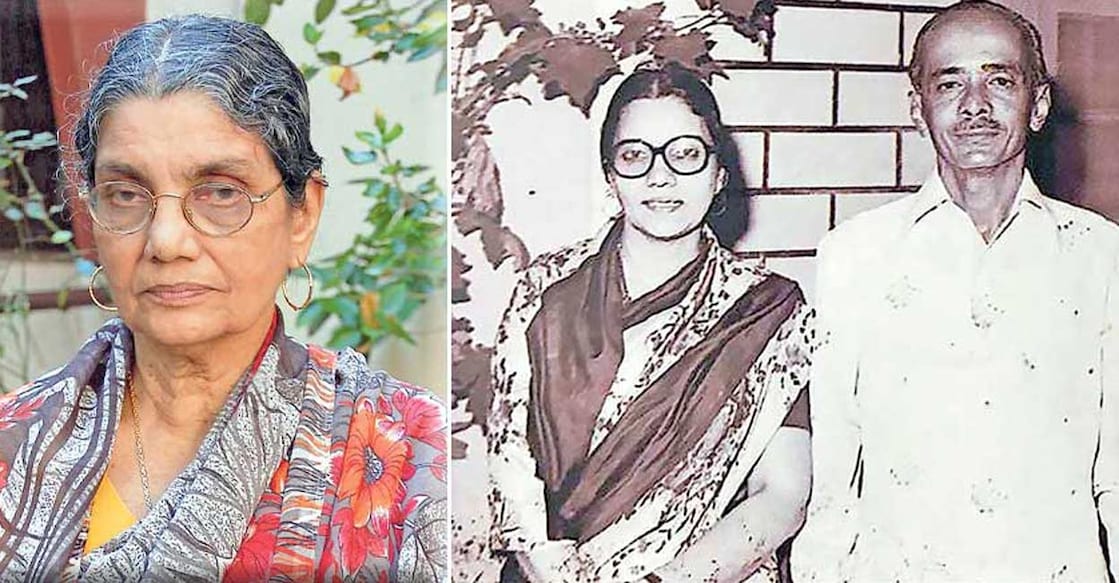Prolific Kannada writer Sara Aboobacker is dead

Mail This Article
Kasaragod-born Kannada writer Sara Baoobacker passed away at a private hospital in Mangaluru on Tuesday. She was 86.
A prolific writer, who depicted the lives of Muslim women in a nuanced manner, Sara has translated many prominent works of Malayalam women writers into Kannada.
She was one of the first girls in her community in Kasargod to complete schooling. Recounting those days, she once said that elders in her community used to chide her for going to school.
She was married after school. Sara Aboobacker later said that she wanted to study more but was constrained by the community norms that restricted female access to higher education.
A pioneering Muslim woman writer in Kannada, Sara wrote extensively about the lives of women in coastal Karnataka and Kerala. Her stories focused on issues of equality and injustice within her community, critiquing patriarchal systems and traditional customs that hindered women's freedom. She also spoke about marital rape, and communal and religious violence.
She shot to fame with her first novel 'Chandragiriya Theeradalli' in 1981, which was written at the request of legendary Kannada-writer-journalist P Lankesh. The novel was initially serialised in Lankesh Patrike, and later released as a novel. It told the story of a young Muslim woman Nadira and her attempts to assert independence first from her father and then from her husband.
Among her other of her important works are 'Sahana', 'Vajragalu' and 'Panjara'.
She has translated Khadijah Mumtaz's 'Barsa', B M Suhra's 'Bali', Kalama Surayya's 'Manomi', P K Balakrishnan's 'Ini Njaan Urangatte' into Kannada.
She is survived by her four sons.

